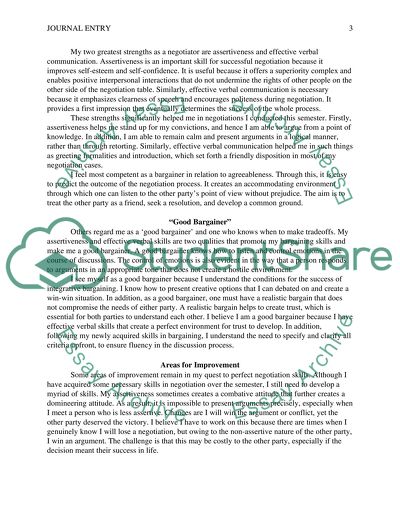Cite this document
(“Journal Entry Essay Example | Topics and Well Written Essays - 1250 words - 1”, n.d.)
Retrieved from https://studentshare.org/miscellaneous/1693329-journal-entry
Retrieved from https://studentshare.org/miscellaneous/1693329-journal-entry
(Journal Entry Essay Example | Topics and Well Written Essays - 1250 Words - 1)
https://studentshare.org/miscellaneous/1693329-journal-entry.
https://studentshare.org/miscellaneous/1693329-journal-entry.
“Journal Entry Essay Example | Topics and Well Written Essays - 1250 Words - 1”, n.d. https://studentshare.org/miscellaneous/1693329-journal-entry.


